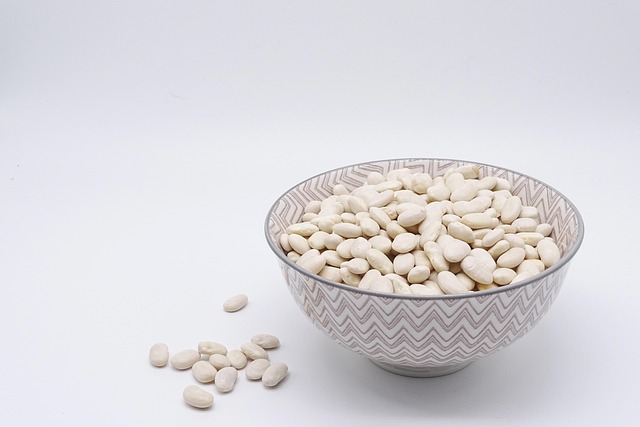Unlocking the Key to Success: Understanding Body Composition in Your Diet
When it comes to achieving our health and fitness goals, the concept of body composition plays a pivotal role. Many of us embark on diets driven by calorie counts and temporary solutions, often overlooking the importance of what our bodies are actually made of. Understanding body composition is not just about weight; it’s about comprehending the fundamental balance of fat and lean mass that defines our overall health and wellness.
The Basics of Body Composition
At its core, body composition refers to the proportions of fat, muscle, bone, and other tissues in the body. Unlike simple weight scales that can often mislead us, a deeper insight into body composition empowers us to make informed decisions about our diets and fitness plans. By focusing on building muscle while minimizing body fat, you can enhance not just your appearance but your overall health.
Why Body Composition Matters
Understanding body composition allows you to appreciate the value of nourishing your body with the right nutrients rather than just restricting calories. High body fat percentages can lead to a variety of health problems—like heart disease and diabetes—while a healthy level of muscle mass can improve metabolism and enhance physical performance. Your body is a complex machine that thrives on a balanced diet rich in vitamins, minerals, and healthy fats.
Adjusting Your Diet for Optimal Body Composition
Now that we recognize the significance of body composition, the next logical question is: how do we adjust our diet? The focus should be on whole, nutrient-dense foods that fuel our bodies. Here are some tips to consider:
- Prioritize Protein: Incorporating lean proteins like chicken, fish, beans, and legumes helps build and maintain muscle mass.
- Incorporate Healthy Fats: Foods such as avocados, nuts, and olive oil are essential for hormone regulation and overall health.
- Focus on Fiber: Whole grains, fruits, and vegetables not only provide essential nutrients but also keep you feeling full longer, reducing the temptation to snack on unhealthy options.
- Stay Hydrated: Water is crucial for all bodily functions and can help manage hunger levels.
Mindset is Key
It’s important to cultivate a positive mindset when considering body composition and diet. Instead of viewing food as the enemy or a guilty pleasure, try to embrace it as a source of energy and nourishment. Engaging with food positively can help you maintain a sustainable, healthy lifestyle. The goal is to thrive—feeling energized and confident in your body—not just to fit into a certain dress size or achieve a certain number on the scale.
Tracking Your Progress
Finally, understanding body composition requires consistent monitoring and evaluation. Consider incorporating methods such as skinfold measurements, bioelectrical impedance analysis, or DEXA scans to track your progress over time. These methods provide insights into changes in fat and muscle mass that weight alone cannot offer. Not only does this help you see the fruits of your labor, but it also motivates you to stay on track with your goals.
Embarking on this journey of understanding and improving your body composition can be life-changing. By focusing on nourishing your body with the right foods and fostering a healthy mindset, you’re already one step closer to unlocking the door to success in your diet and overall well-being.




